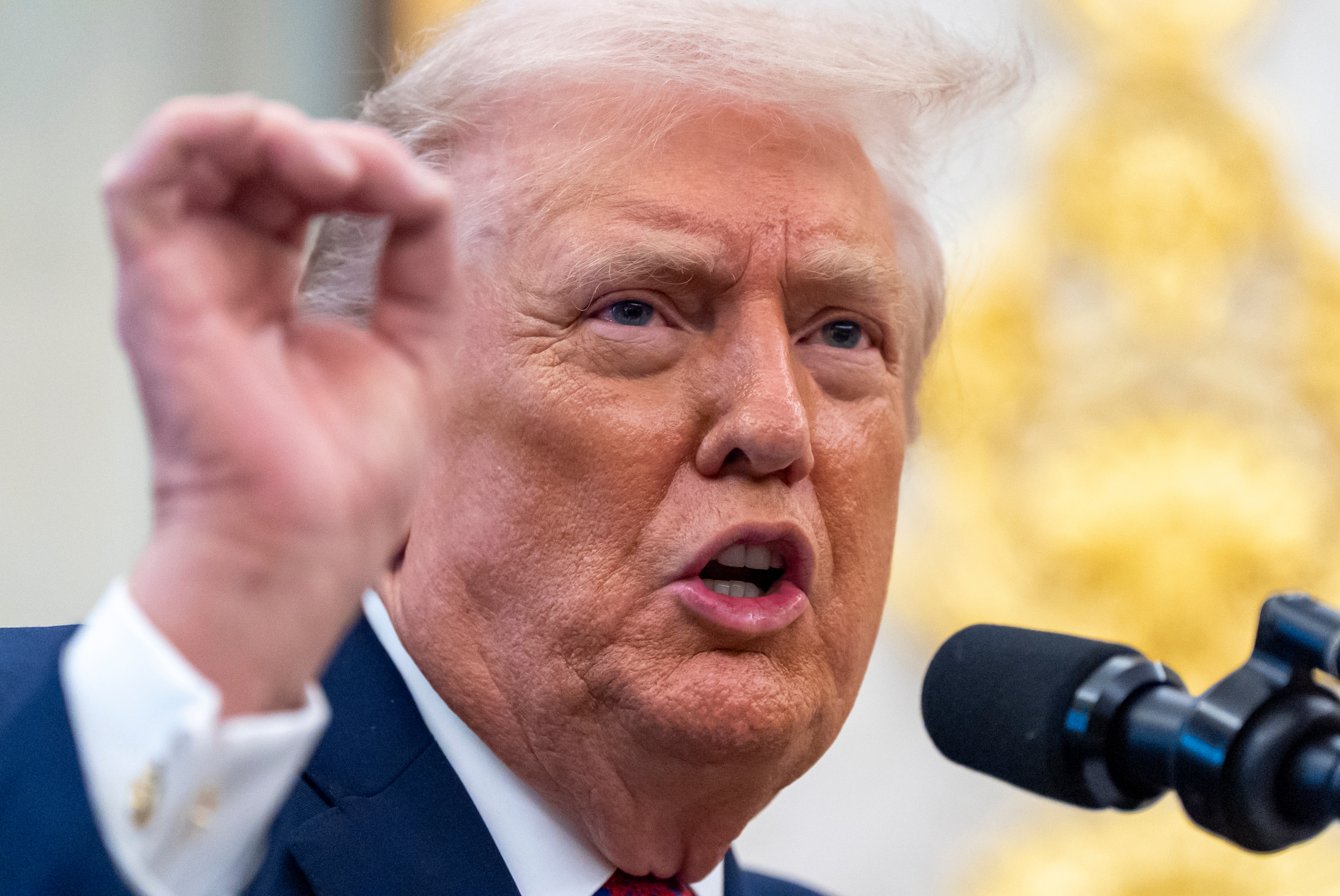China's government says it's tackling the problem of child abandonment by expanding its controversial "baby hatches" program.
Baby hatches provide a place for mothers to anonymously leave unwanted children, which are cared for by the state. The practice is centuries old and still common in many countries — notably Germany, which has over 80 baby hatches today. (Via BBC)
China's first baby hatch was established in 2011, and the country has expanded the program in recent years. There are currently 25 baby hatches across 10 different provinces in China. (Via CCTV)
Now, the country is pushing the practice even further. The China Center for Child Welfare and Adoption says it plans to introduce baby hatches in 18 more regions by the end of the year.
The agency says it eventually intends to establish at least one baby hatch in every province. A CCCWA official told the Xinhua news agency, "Although we cannot change the abandonment of babies, we can change the results after they are dumped."
Child abandonment is a severe problem in China: CNN estimates 100,000 children are illegally abandoned in the nation every year. An overwhelming majority of abandoned children are disabled or suffer from severe illness.
Supporters see baby hatches as a life-saving system which decreases child mortality rates. A writer in the Global Times calls China's baby hatch expansion "a major step forward in the development of China's social welfare system, which was long denounced for lack of investment."
But critics worry that baby hatches are only a superficial solution and are pushing for China to implement a unified child welfare system.
One CCCWA official told The Guardian, "If there were such a system, a lot of parents wouldn't abandon their children ... We wouldn't have to build so many baby hatches."
And an editorial in the South China Morning Post contends China's child abandonment problem can only be solved if the country's infamous one-child population control policy is totally repealed.
"The traditional preference for male heirs has led many families to turn to abortions and abandoning unwanted girls and handicapped babies. ... Any significant reduction of the numbers of babies being abandoned lies in ending the one-child policy."
Xinhua reports the most recent baby hatch, set up in late January, collected almost 80 infants during its first two weeks of operation.











